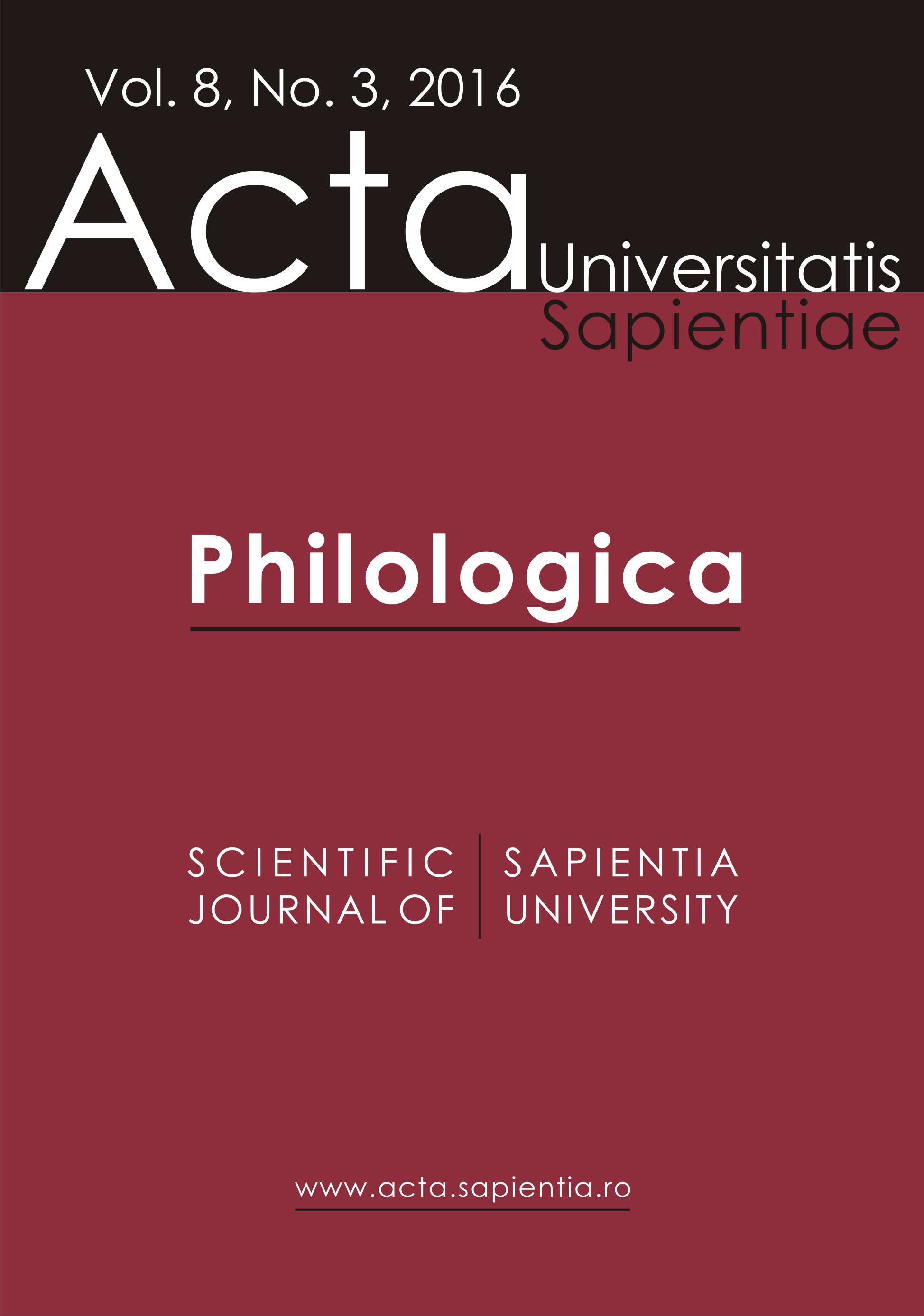Linguistic Issues in Széchenyi’s Oeuvre (Plurilingualism, Multilingualism, Mother Tongue)
Linguistic Issues in Széchenyi’s Oeuvre (Plurilingualism, Multilingualism, Mother Tongue)
Author(s): Rita PletlSubject(s): Language studies, Language and Literature Studies, Applied Linguistics, Studies of Literature, Philology
Published by: Scientia Kiadó
Keywords: plurilingualism; multilingualism; mother tongue; national and linguistic diversity
Summary/Abstract: Széchenyi studied the linguistic issue, the problems he faced during his public and literary activities with the caution and precision that characterize him. His inquiry into the question of language is marked by nuanced and precise terminology. The distinction between the notions of mother tongue and national language, as well as multilingualism and plurilingualism, are consistent throughout his work. In his conception, the mother tongue is the variety of a given language that is acquired by the speaker in the most intimate environment and through which he/she is linked with the communicational processes of the language community’s social interactions. The national language in his interpretation is the cultivated variety of the mother tongue, which is the language of public life and that of bourgeois national literature as well. In language use, he propagated the principle of linguistic tolerance. He considered the use of the mother tongue a right of every nation (language community). He recognized Europe’s linguistic and national diversity as a value that must be safeguarded and nurtured.
Journal: Acta Universitatis Sapientiae, Philologica
- Issue Year: 8/2016
- Issue No: 3
- Page Range: 43-52
- Page Count: 10
- Language: English

